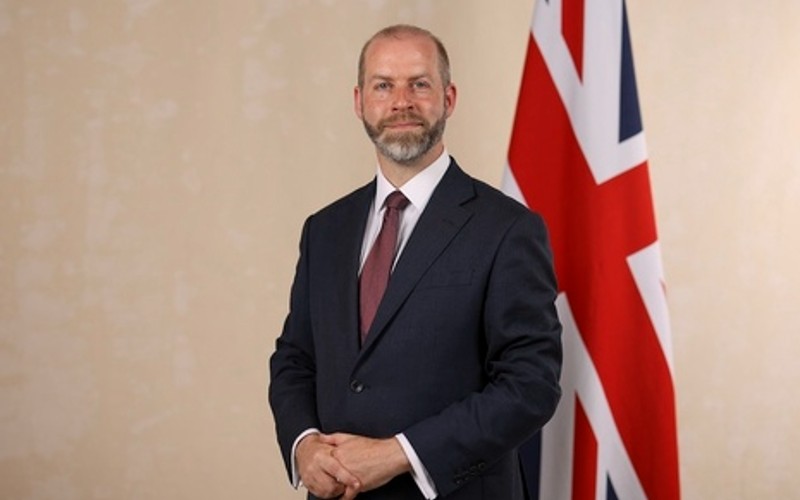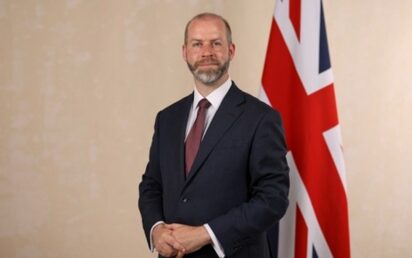The UK has joined a groundbreaking agreement which is designed to grow the economy by boosting global digital trade.
After five years of negotiations, the UK and 90 other countries have finalised the E-Commerce Joint Initiative at the World Trade Organization (WTO), which will make trade faster, cheaper, fairer and more secure.
It will help British businesses, workers and consumers seize the opportunities of global digital trade, which is estimated by the OECD to be worth around £4 trillion and growing.
Once implemented, the agreement will commit all participants to the digitalisation of customs documents and processes. This will in many cases end the need to print forms off and hand them over at customs – a slow, expensive and old-fashioned way of working.
The signatories to this agreement will also commit to recognising e-documents and e-signatures, reducing the need for businesses to physically sign contracts and post them around the world.
Global adoption of digital customs systems, processes and documents would increase UK GDP by up to £24.2 billion in 2023 UK GDP terms. Even partial adoption could represent a significant boost to UK GDP.
It also commits signatories to putting in place legal safeguards against online fraudsters and misleading claims about products.
“We are proud to play our part in securing the first ever global digital trade agreement, cutting costs for business and delivering on this government’s ambition to deliver economic growth,” said Business and Trade Secretary Jonathan Reynolds.
“Britain is back and proudly playing her role as an outward looking trading nation. Global digital trade is already estimated by the OECD to be worth around £4 trillion and counting but no common set of global rules exist.
“This is a huge step forward in correcting that and ensuring British businesses feel the benefit.”
Science Secretary Peter Kyle added: “This global agreement aims to help people use technology safely by protecting them from fraud, while driving economic growth through the digitalisation of trade so it’s faster and more secure.
“We will leave no stone unturned in our work to share the benefits of technology and drive economic growth by working with partners around the world to achieve this.”
For a UK financial services provider, doing business in any of the participating countries will require far fewer paper contracts and invoices, or manual signatures or authentication, as these will be replaced with their electronic equivalents.
Attention now turns to working with WTO partners to incorporate the agreement into the WTO legal framework. Once incorporated, UK ratification will take place.


